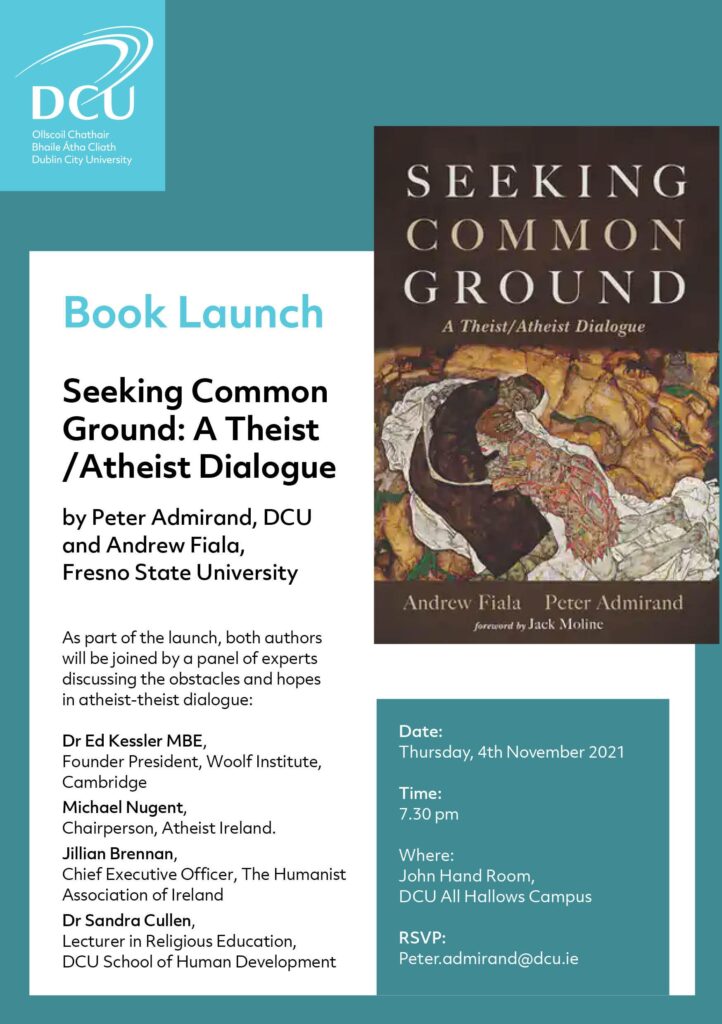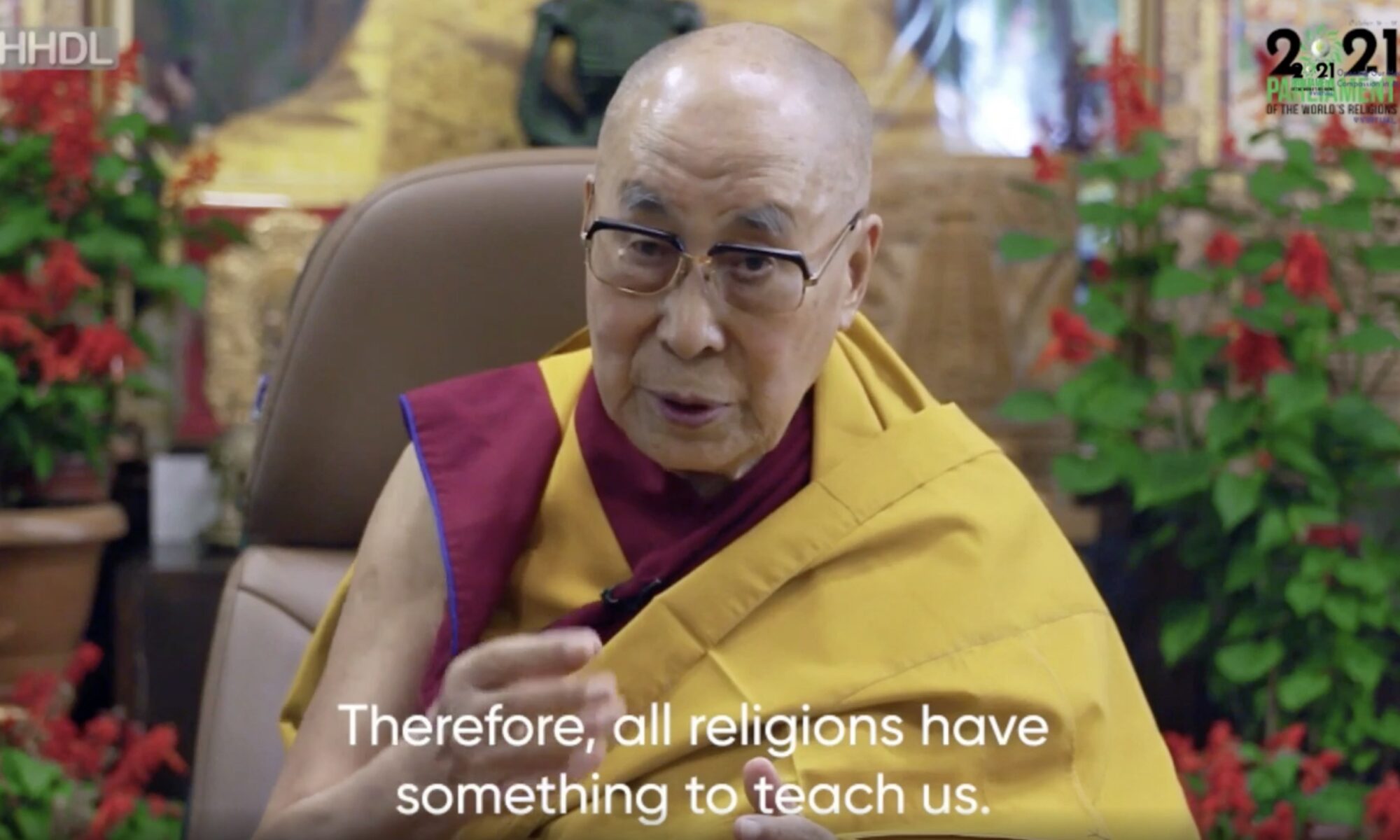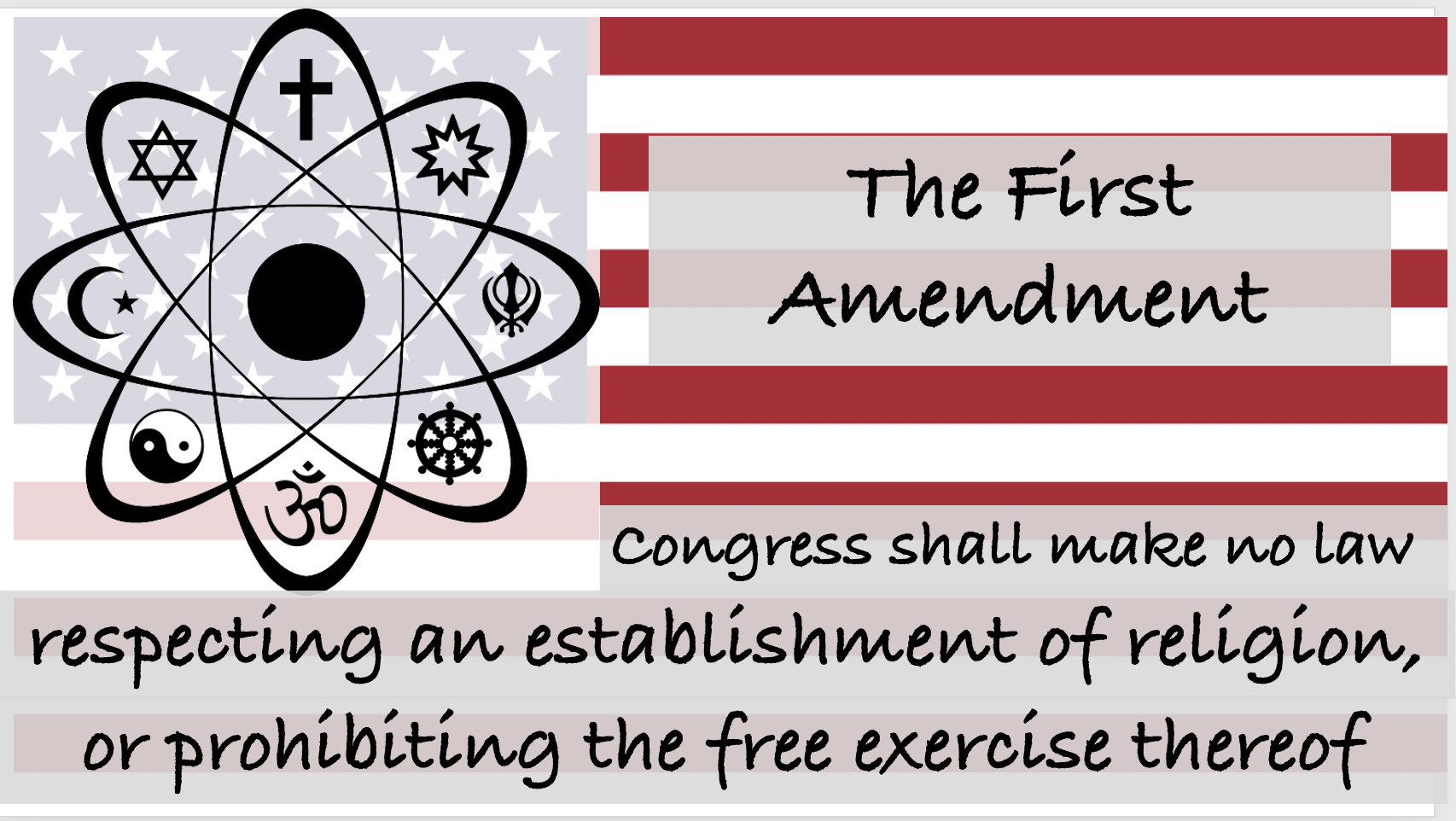I participated in the (October 2021) meeting of the Parliament of the World’s Religions on a panel focused on compassion as a religious and non-religious value. I represented the non-religious point of view in conversation with Dr. Peter Admirand (Dublin City University, and my co-author on Seeking Common Ground), Dr. Veena Howard (a scholar of South Asian religions and my colleague at Fresno State), and Dr. Laura Novak Winer (a rabbi and a professor at Hebrew Union College ).
Earlier that morning, the Dalai Lama had addressed the Parliament. He said, “all religions have something to teach us.” And, “the essence of all religious teaching is compassion.”

This important claim asks us to think critically about the long history of religious violence and intolerance. It may be the case that compassion is taught in every religion. But religious people can fail to be compassionate.
The same point is true, of course, for non-religious people. Secular regimes can lack compassion. And atheists can be cold-hearted.
But there is a place for compassion in atheism. Atheists emphasize the fact of human mortality. We all suffer and die. There is no sense in adding to the cruelty of the world. Rather, we should avoid violence and spread good will.
Atheists should acknowledge that human brains and bodies have evolved to include a substantial place for compassion and communal feeling. We are social animals thrown onto a small planet in the middle of the vastness. We should find way to laugh and sing and mourn together (an idea I’ve explored in my book Compassion).
These shared experiences are a focus of religious life. One need not accept the metaphysical pronouncements of religious traditions in order to understand that compassion is good for us and that love and community help us live well.
Unfortunately, the philosophical tradition has often looked askance at compassion. Kantian morality is focused on universal duty detached from emotion. Such an approach may dismiss compassion as a soft, emotional value.
Kant also dismissed the extravagant claims of superstitious religion. In defending his idea of a “pure religion” of reason (in Religion within the Boundaries of Mere Reason), Kant espoused a religion “cleansed of the nonsense of superstition and the madness of enthusiasm.”
Humanistic ethics has evolved to include much more than Kantian universality. We know that compassion is an important part of ethics. And we should understand that people find meaning in religion without simply dismissing it as superstition and nonsense.
This is one reason it is important for atheists, humanists, and philosophers to participate in inter-religious and interfaith dialogue. It is not easy to dismiss another person’s faith when you know them as a real person. Interfaith and inter-religious conversations are promoting solidarity in a world that still includes much religious intolerance. Atheists and humanists need to participate in these conversations because there is often intolerance and misunderstanding across the religious/nonreligious divide.
There are challenges, of course. Atheists sometimes seem to enjoy picking fights with religious believers. Religious people sometimes sling mud in the direction of atheism. I think we should all be more tolerant, hospitable, and compassionate.
This does not mean that we ignore the fundamental disagreements between religious and nonreligious people. But it is possible to be compassionate in our disagreements. Each of us is trying to make sense of life. Some find answers in religion, in all of its complex variety. Others turn away from religion entirely. So long as there is no violence, oppression, and hostility, we can co-exist. And if we take the time to listen to one another, we might find common ground in the shared human struggle to learn, love, and live.
If you are interested in these issues, please join me as I discuss our new book, Seeking Common Ground: A Theist/Atheist Dialogue with Peter Admirand, at a book launch and panel discussion on November 4, 11:30AM Pacific Time. The panel will be in Dublin, Ireland. I’ll join by Zoom. For Zoom details, contact Peter Admirand: peter.admirand@dcu.ie.





